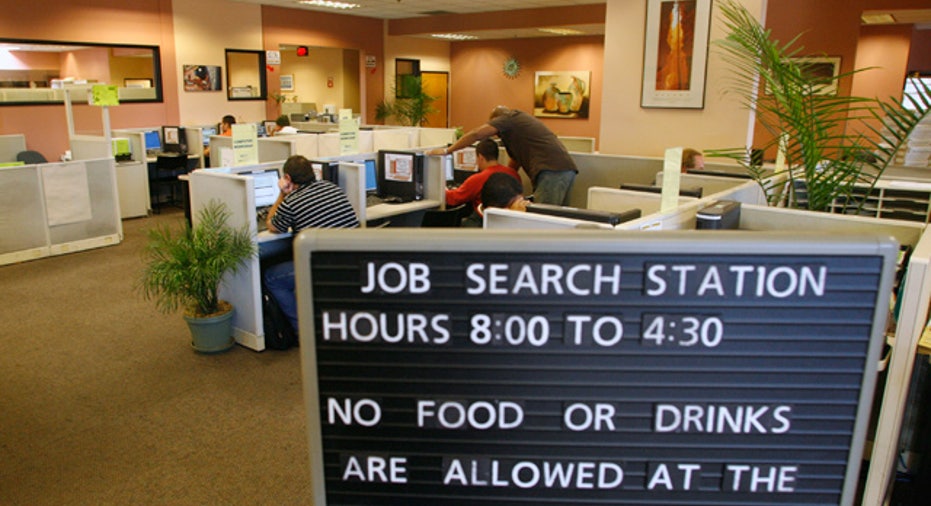Find a New Job? Some Searching Expenses may be Tax Deductible

Unemployment in the U.S. fell to 8.6% in November-- its lowest point in two and a half years. Those job seekers who spent a lot of money traveling to see potential employers can write off some of those expenses come tax time.
“If a person is looking at a job within the same field, they can deduct some of the expenses on their tax return in 2012,” says Melissa Labant, technical manager on the American Institute of CPAs (AICPA) Tax Team. “If you take a trip somewhere, specifically for an interview or for networking to find a job, you can deduct your airfare, or the mileage you put on your car, and the tolls you paid along the way.”
But keep in mind that the IRS is going to want to know whether or not the company offered to reimburse for travel. If reimbursement was offered, these expenses aren’t deductible.
Taxpayers don’t have to substantiate their travel expenses with receipts or ticket stubs, but it may be a good idea to hold onto these items in case the IRS asks for additional proof.
“In the case of travel, the IRS will look at any other activity that was done in conjunction with the trip,” says Craig Harris of Liberty Tax Service.
“Say I take a two-week trip to Hawaii and have a job interview while I’m there. I would probably have a hard time convincing the IRS that the trip was solely for a job search and they could disallow any expenses not directly related to that interview.”
The fees associated with hiring an employment agency or seeking career counseling are also eligible for a tax write off. The cost of a resume and copies made on special paper, plus the postage for overnighted transcripts and other materials are also tax deductible.
Moving expenses also qualify, but there are some limitations. “The distance from your old house to your new job has to be 50 miles or more from where you used to commute,” says Labant. “If your old job was 10 miles away, your new one has to be 60 miles away to qualify for a deduction.” Moving expenses can be listed on IRS Form 3903.
The amount of time spent at a new job also factors into the write-off process. A person must work as a full-time employee for 39 weeks during the first 12 months after moving to a new city or town.
Each job-hunting expense must be itemized in order to qualify for a deduction. And, job-hunting expenses are only tax deductible to the extent that they exceed a person’s adjusted gross income.
“If you earned $100,000 during the year and you spent $2,000 pursuing employment elsewhere, it’s not tax deductible,” says Labant. “But if you spent $3,000 and your adjusted gross income is $100,000, you can deduct $1,000.”
Other qualifying expenses can be added to the list of deductions to make the tax write off worthwhile. Un-reimbursed work-related expenses, such as using a personal car for work-related tasks, can be listed on IRS Form 2106.
Investment fees from a broker or fees paid to a CPA to prepare tax returns can also be deducted on IRS Schedule A.
Not everyone qualifies for tax write offs associated with job hunting. Qualifying expenses must be related to a job that is in a person’s current field. And, those just entering the work force can’t deduct these expenses.
“Tax deductions for job searches don’t include first-time jobs,” says Nicole Ossenfort, Liberty Tax Service franchise owner. “Unfortunately, job-hunting expenses incurred by a college grad looking for their first job in a new occupation are not deductible.”



















